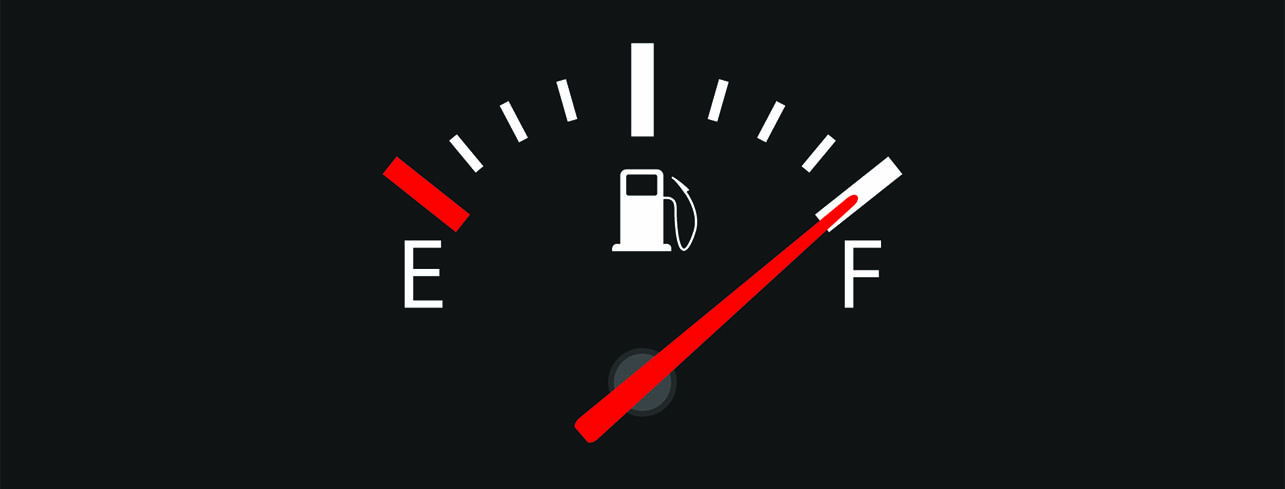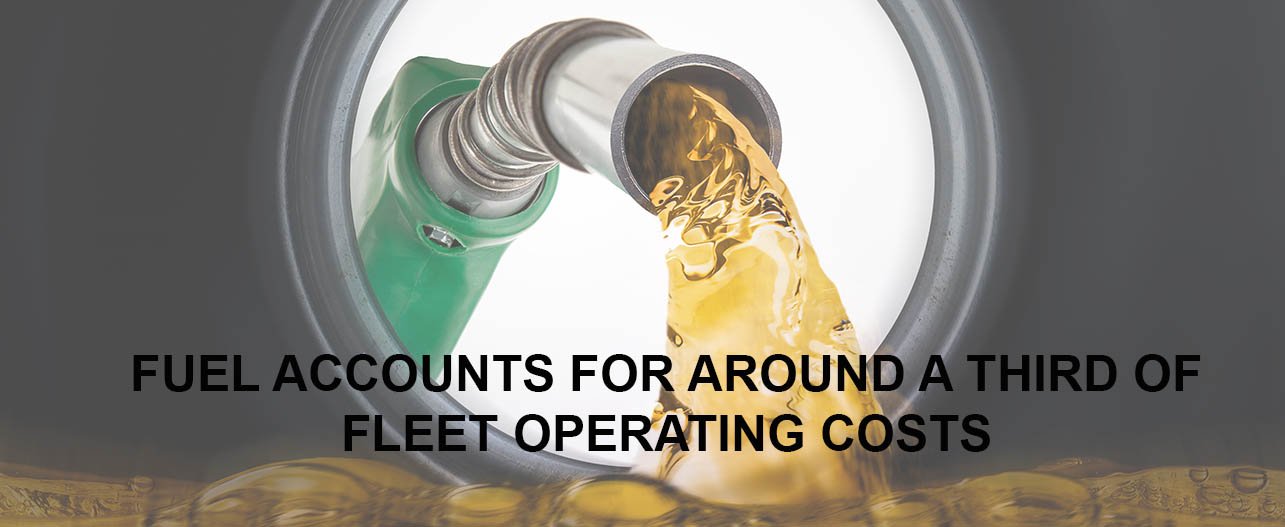Learning Zone
Essential things to know about fuel management
Reducing fuel consumption can have a big impact on managing overall fleet operating costs
But where do you start? We share our five top tips

If you run a fleet, you will only be too aware of the substantial cost involved in fueling your vehicles. Even with advances in technology, fuel can still account for around a third of a fleet’s running cost – meaning there’s big opportunities for savings if you can find ways to manage your consumption.
The good news is, it’s really not as difficult as you might think. We share our top tips to help you reduce fleet fuel costs through improved processes.
1. Know your fleet
It’s important to have a full all-round working knowledge of your entire fleet including vehicles, drivers, customers, processes, systems, spend and regulations. Having this ‘bigger picture’ approach is ideal when understanding the reasons for current fuel spend.
From this, ask your self questions such as:
- Is fuel purchased wholesale or at the pump?
- What kind of vehicles are best for your operations?
- Where and how are your fleet vehicles driven?
As the demands on a fleet are unique to your business, the opportunity to save fuel costs is knowing what you do now and how these practices and procedures can be made even better.
2. Monitor fleet driver behavior
Driver behaviors such as speeding, irregular gear changes and hard braking can have a negative impact on vehicle fuel consumption.
Reducing speed is an easy way to cut fuel costs. As an example, savings of around £30,000 per year could be made on a fleet of 150 vehicles by getting an average 2 miles per gallon more our of your fleet by reducing speed.
Speaking from experience, we found through our own fleet data that fuel economy increases by an average of 3 MPG after successfully running driver speed awareness programs!
It’s safe to say, many drivers simply don’t realise how much fuel costs a fleet and the impact that their driving can have on this. Without good driver buy-in, you’ll be hard pushed to achieve any real changes. And getting them fully on-board is critical in creating better drivers and reducing costs.

3. Plan routes ahead
Ever heard the saying, proper planning prevents poor performance? From assessing driver routes to analysing the best places to refuel your vehicles – planning ahead can potentially lead to big savings.
Being stuck in traffic is wasteful – a vehicle can use a quarter of a gallon of gas for every 15 minutes it idles!
Telematics can play an important part in effectively managing journeys and choosing the best routes. The ability to track and monitor vehicles helps avoid congestion where possible or prevent unnecessary journey overlap.
4. The importance of maintenance management
Having a good fleet maintenance program and ensuring that drivers carry out daily walk round checks is an essential part of fleet vehicle maintenance management. As an example, a 1 bar deviation from the nominal inflation pressure could lead to a 5% difference in rolling resistance, which may result in a significant fuel cost increase.
Making sure that vehicles are fully serviced and maintained is a big help in controlling fuel spend.
5. Consider how you purchase your fuel
It is worthwhile reviewing how you currently purchase your fuel to determine the best, cost-saving options. This could be buying in bulk at wholesale prices or through the use of fuel cards (if the latter then make sure you choose the best fuel card for the needs of your fleet). Whichever option you choose, it is always worthwhile regularly reviewing your fuel purchase options to make sure that you continue to receive the best deal.
It goes without saying, keeping a track on fuel spending is essential. Fuel fraud is not as uncommon as you may think – discrepancies in mileage for vehicles or sudden increase in fuel spend need investigating. Fleet fuel management systems can play an important part in alerting to any irregularities in fuel costs, supporting a prompt and efficient investigation to quickly determine the cause.
Consider the vehicles in your fleet too – a switch to alternative fuel choices such as electric or hybrid vehicles could deliver those essential cost savings without any loss in performance.



